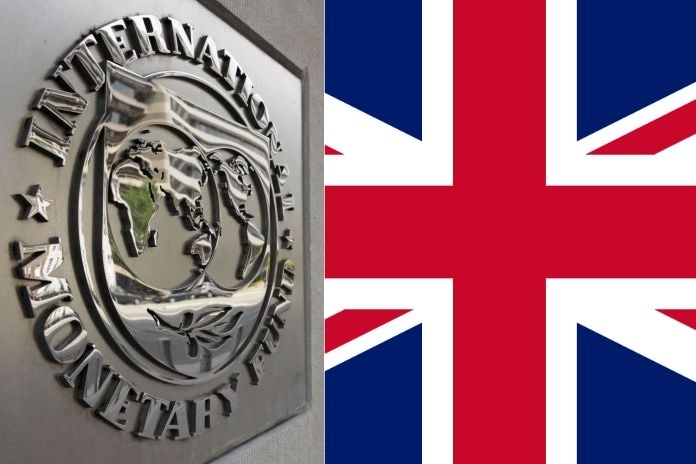USA / ENGLAND – The executive board of the International Monetary Fund (IMF) concluded the Article IV consultation with the United Kingdom.
The economy is approaching a soft landing, with growth recovering faster than expected after a mild technical recession in 2023. Inflation has fallen rapidly to near-target from last year’s double-digit levels, due to the reversal of the energy price shock and the demand impact of tight monetary policy. Growth is projected at a modest 0.7 percent in 2024, strengthening to 1.5 percent in 2025, as disinflation buoys real incomes, monetary policy starts easing, and financial conditions become more accommodative.
Fiscal policy has remained tight, continuing to target medium-term debt stabilization, although the last two budgets did include tax cuts aimed at boosting investment and labor supply. Inflation is forecast to temporarily rise from around 2 percent presently to 2.5 percent by end-2024, due to regulated energy price base effects, before returning durably to 2 percent in early 2025.
Longer-term growth prospects remain subdued, due to weak labor productivity growth, population aging and somewhat higher than expected inactivity levels due to long term illness, only partly offset by higher migration numbers. Elevated pressures on public services, notably in health, amidst ongoing industrial action over pay, imply additional headwinds. A number of well-conceived measures to boost weak productivity have also been implemented, but these will not be sufficient to lift productivity to close to pre-GFC levels. Post-Brexit uncertainty has continued to ease, in the context of progress on Irish border arrangements, a careful review of retained EU laws, and resilience in UK services exports. However, UK firms trading with the EU are still adapting to the post-Brexit arrangement.
Risks to growth and inflation are balanced. In the short term, growth could be lower if the anticipated pick-up in consumption from current weak levels does not materialize, or higher in the event of stronger-than-expected second round effects from falling energy prices (this also represents a downside risk to inflation). Alternatively, stronger wage pressures could lend greater persistence to services inflation, with possible repercussions for growth as monetary policy adjusts. The key downside risk to medium-term growth is that productivity and labor supply disappoint relative to expectations. But bold implementation of ambitious structural reforms and AI adoption similarly present an upside risk to growth.





